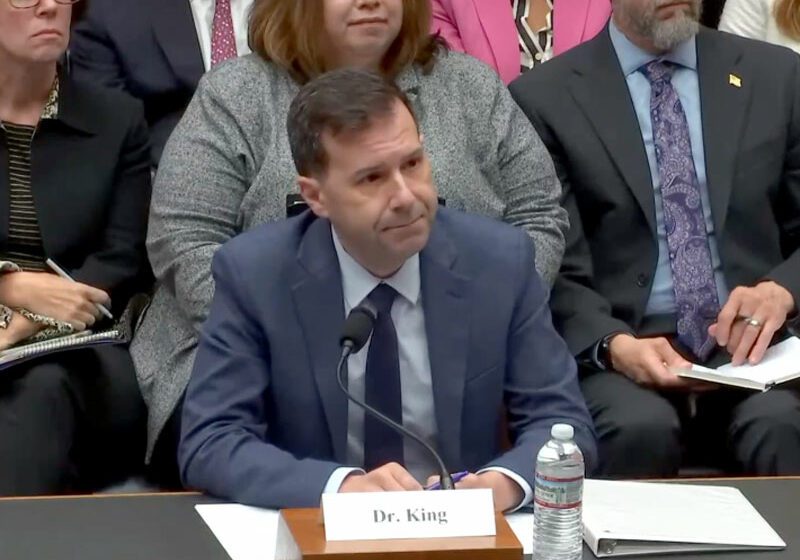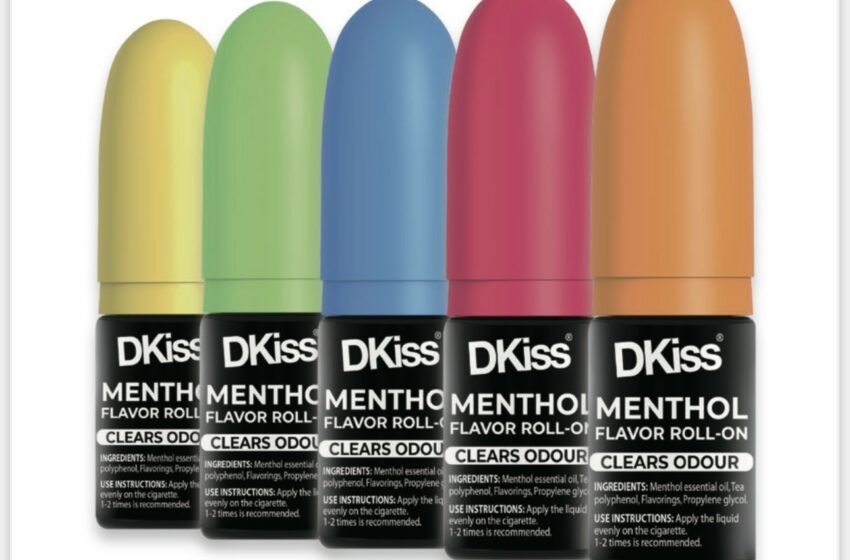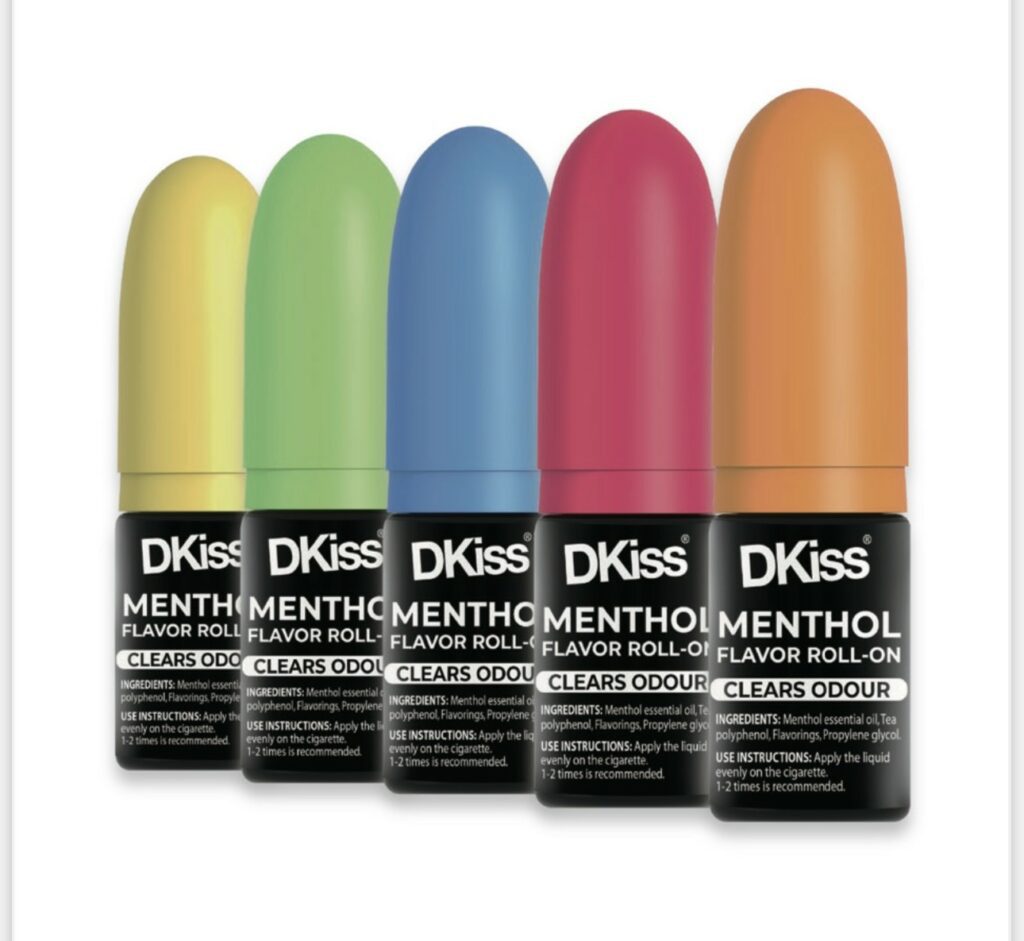
U.S. lawmakers and advocacy groups expressed concern about the Food and Drug Administration’s regulation of smokefree products during a Sept. 10 House of Representatives’ Energy and Commerce Subcommittee hearing.
Health Subcommittee Chair Brett Guthrie criticized FDA delays and what he viewed as a lack of transparency. “Manufacturers filing premarket tobacco product applications [PMTAs] with the goal of meeting the standard of an ‘appropriate protection of public health,’ still have no clear guidance and are waiting for hundreds of days for outreach on their applications,” he said.
“More importantly, these products pending at FDA could present an opportunity to improve public health by providing less harmful alternatives to traditional cigarettes. This lack of transparency has consequences.”
Full Committee Chair Cathy McMorris Rodgers highlighted the massive backlog of product applications at the FDA’s Center for Tobacco Products (CTP). “Out of the over 26 million applications for electronic nicotine delivery systems, or ENDS products, the center has authorized fewer than 50 products,” he said.
“However, according to recent market data, those products only account for about 10 percent of sales, showing how behind the FDA is in keeping up with demand.”
Representative Richard Hudson blamed the CTP for the increase in illegal products on the U.S. market from abroad. “Millions of illegal products are on the market targeting our youth while some legitimate companies have been waiting for years for review or even hear a word from FDA about their application,” he said.
“The illicit market has been enabled by the Center for Tobacco Products’ lack of action … the fact is, the inefficiency of CTP has driven an illicit market that has been filled by China.”
In a separate statement, Philip Morris said the hearing put a bright bi-partisan spotlight on the fact that the agency is neglecting millions of adult smokers by failing to authorize scientifically-substantiated, smoke-free nicotine products that are better alternatives to combustible cigarettes.
“More than 26 million premarket tobacco product applications have been submitted to the FDA for review, but the agency has authorized only several dozens of those applications, and none within the 180-day deadline set by Congress,” said PMI Director for Regulatory Communications Matthew Sheaff.
“FDA’s goal to strike ‘an appropriate balance between regulation and encouraging development of innovative tobacco products that may be less dangerous than cigarettes’ is far from the reality of its actions. It is our hope the FDA will fully embrace the tobacco harm reduction principles enshrined in the Tobacco Control Act and more importantly provide the millions of adult smokers in the United States access to better alternatives to combustible cigarettes.”
The Taxpayers Protection Alliance (TPA) criticized the FDA’s authorization process and noted the low rate of youth e-cigarette use. “The PMTA costs to manufacturers are astronomical, while the regulatory requirements are obscure at best,” Lindsey Stroud wrote on the TPA’s website.
“To date, the FDA has only authorized 56 products under the PMTA pathway. Given the current low rate of youth e-cigarette use and the high number of adults using novel tobacco products, there is a pressing need for the FDA to adapt its authorization strategies to better serve adults seeking to quit smoking through these alternatives. Lawmakers are urged to advocate for this necessary shift in FDA policy.”
Americans For Tax Reform (ATR) called on the FDA to educate the public about the continuum of risk for nicotine products. “The agency’s failures to educate the public about the continuum of risk in nicotine products—despite their own internal documents demanding the need to do so—has meant that 75 percent of Americans inaccurately believe vaping is equal to or worse than smoking,” Tim Andrews wrote on ATR’s website.
“The fact that the agency’s leadership continues to ignore its own comprehensive plan for tobacco and nicotine, where harm reduction is supposed to play a central role in the FDA’s tobacco control plan, is a downright scandal.”



















